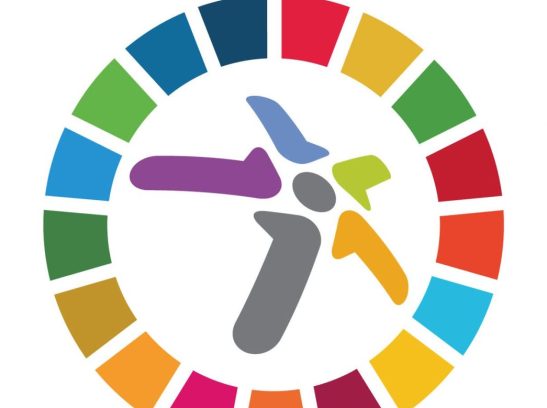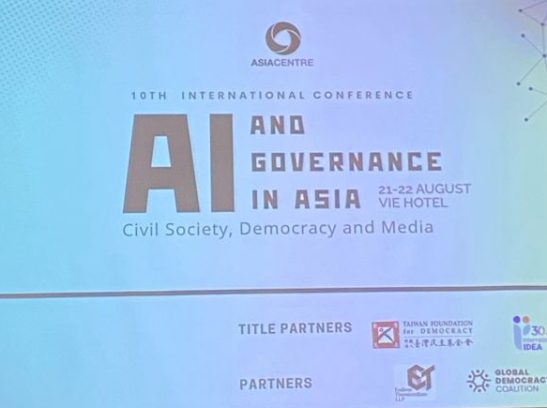The Internet was created with the utopian vision of an accessible, inclusive society that everyone in the world could inhabit democratically.
But sitting here in 2023, it’s clear that commercial interests have taken over, and far from being a space of freedom, the internet has become rife with misogyny, violence, and hate.
The way that digital technologies have been able to develop without any real checks has been compared to the Wild West, and negative impacts are felt most keenly by women, girls, and other discriminated-against groups and people who are already marginalised.
New forms of binding governance and participation have got to be established for the digital realm. And the experiences and needs of women have to be at the centre of what’s agreed upon.
The violence that women experience online, which is designed to make them retreat from public spaces, is contributing to winding back the clock on women’s equality. And the growth of algorithms to make important decisions about our lives, and which reflect society’s gender biases will only make things worse for women in the future.
A Global Digital Compact that doesn’t deliberately put women and girls at the centre will simply not succeed in its goal of creating an open, free and secure digital future for all. If it doesn’t work for women, then it doesn’t work at all.
So we ask all of the Governments who are coming together to agree the principles of the Global Digital Compact to make sure that you consider the following four points:
- That the new Governance framework is rooted in international human rights standards and the rule of law.
- That governance of the internet is multilateral; transparent, and democratic, with all of the relevant stakeholders involved: including governments, the private sector, and civil society, but also the people most negatively affected- including women, girls, and other discriminated-against and marginalized people
- That all decision-making processes related to the governance and development of the digital space should be open and accessible at international, regional, and national levels
- That a mechanism for dealing with illegal interference and violations of human rights in the digital sphere is set up, so that people who are negatively impacted can get justice across borders.
To learn more, explore our Digital Principles.





